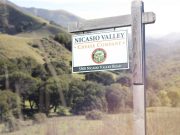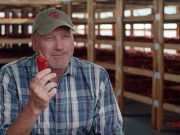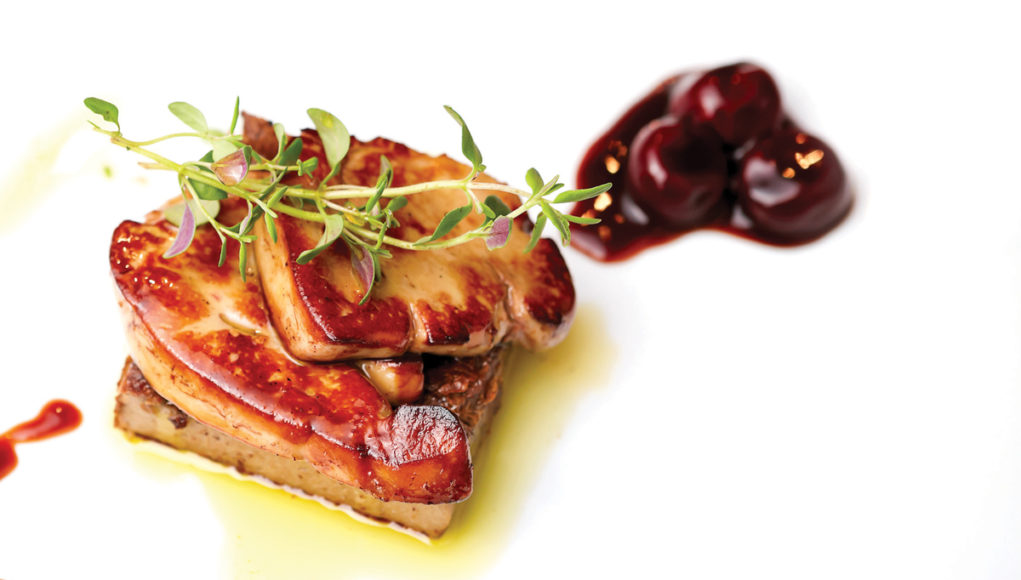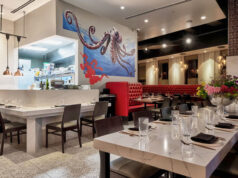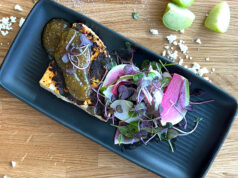On January 7, 2019, the Supreme Court declined to hear a challenge to the lower court’s 2017 ruling, effectively upholding the foie gras ban throughout
the state of California.
The law, originally passed in 2004 with a 7.5-year enforcement delay, targets the methods by which foie is produced. The law states that any product made by “force feeding a bird for the purpose of enlarging the bird’s liver beyond normal size” cannot be sold or produced in the state, and provides for a civil penalty of $1,000 for each violation, and up to $1,000 a day for each day the violation continues.
With only two foie gras producers in the U.S., CW Magazine reached out to Michael Ginor, co-founder, co-owner, and President of Hudson Valley Foie Gras, producer of a product considered the industry standard, about the ethics of foie gras production and how this new law, and other proposed laws like it, affect his business.
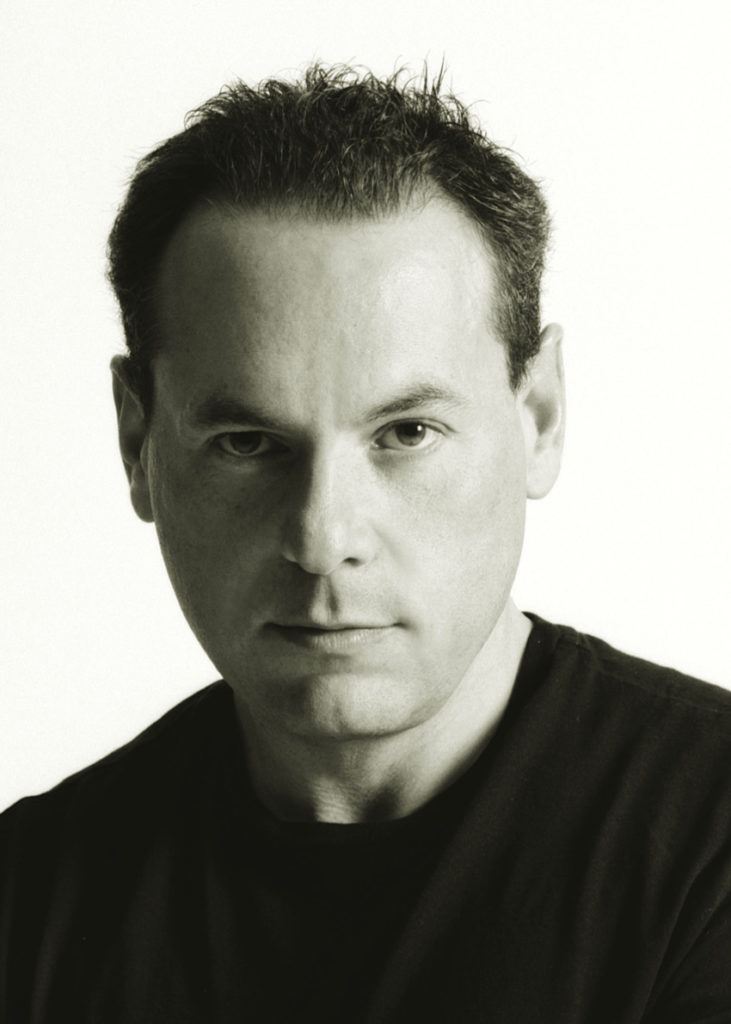
How has CA’s recent foie gras ban affected Hudson Valley’s operations/strategy?
“Firstly, the ruling in the Supreme Court wasn’t really about foie gras, it was about interstate commerce. What the court rejected was whether one state can dictate how animals are treated across state lines. But unfortunately, people do not understand how foie gras is produced and raised, and there remains a lot of misinformation on the subject. There’s no shortage of information that the ducks are not being harmed or abused. The facts show there’s lower disease, lower mortality – ours is less than 2%, where industrial farms are between 4-10%. Ducks migrate and gorge during migration and use that stored-fat energy while they migrate – it’s a survival mechanism. Foie gras is an easy target. Foie gras being two French words: ‘Fat’ and ‘Liver’. It’s foreign, a product for the wealthy, which adds to the negative imagery. It’s being made to be hedonistic, and to the naked eye, unappealing. But this has always been the case – I detailed long ago in my book ‘Foie Gras Passion,’ which shows it’s always been a controversial item.
We’re disappointed in the ruling because, more than the fact that we’re having to battle the California market which is an unfortunate precedent, which it has also become in New York. It’s worrisome, but I can tell you that we’re an open farm. A USDA inspected facility. Time and time again, they haven’t seen abuse, physically. Or stress, mentally.
And our farm is an open facility. Those who’ve visited see the ducks are treated much better than industrial farms. We are all about education and letting people make up their own minds. Any chef wants to visit, come.”
Are there steps that can counteract the public’s concerns about ethical animal treatment?
“To continue to educate the magistrates in California and hope that people will exercise more rational decision-making on this.”
Are there ingredient alternatives?
“Foie gras is our marquis product, but the rest of the duck is viable. The legs, we have an extensive line of prosciutto, rillets, confit, salami, sausages, rendered packaged fats, terrines, torchons. We produce 20K organic chickens, as well. However, if foie gras is illegal, there is nothing to replace it with. Maybe chicken liver mousse, but it’s not a replacement. There is no faux foie.”
What should chefs know about Hudson Valley?
“I want them to know we are a conscientious, careful organization. Our farm is an open facility to visit. There’s a lot of misstatements about the product, and I ask that they individually look at both sides and decide for themselves what is right or wrong from a conscience level.”
What do you think? Does foie gras production deserve special scrutiny compared to the abuses in industrial farms?





